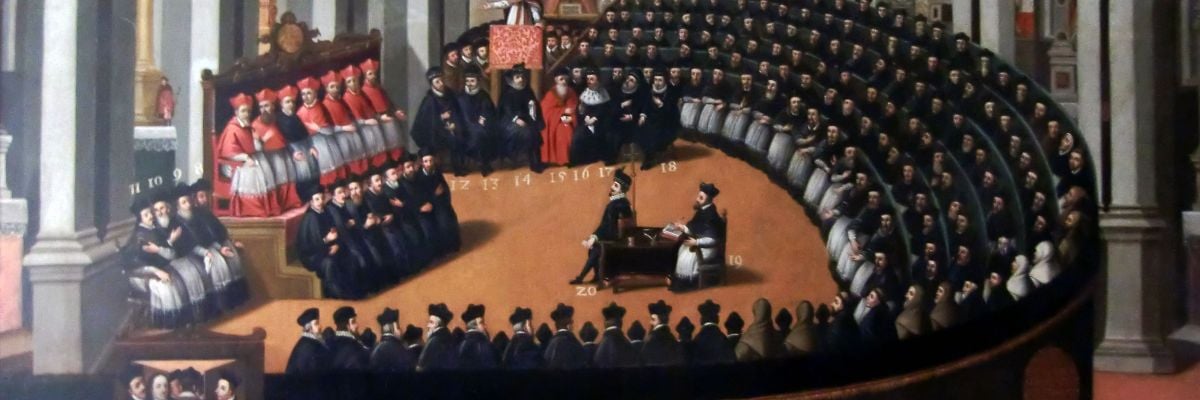S
SerraSemper
Guest
Yes. It’s dogma. The problem is that these other posters simply don’t have the tools to tell us how this dogma fits in with the universal call to holiness that all of the baptized have. That is what they are focusing on, which of course does little to explain the dogma in how the state of virginity for the sake of the kingdom is superior to that of marriage, even sacramental marriage.

